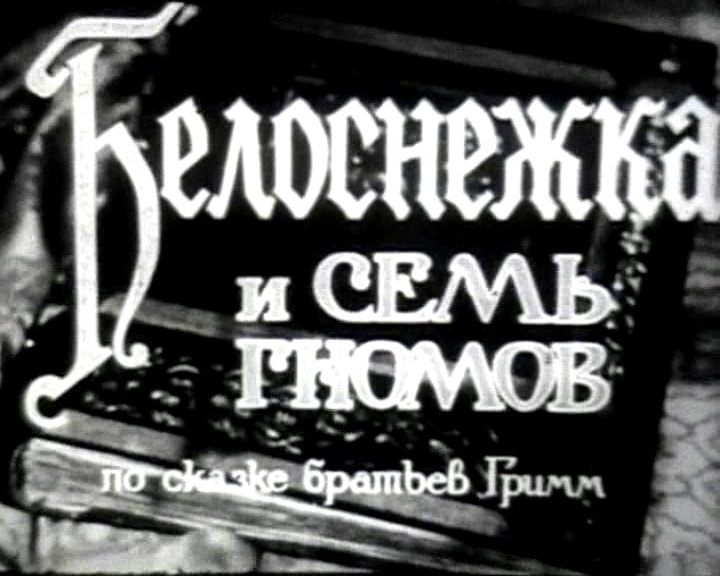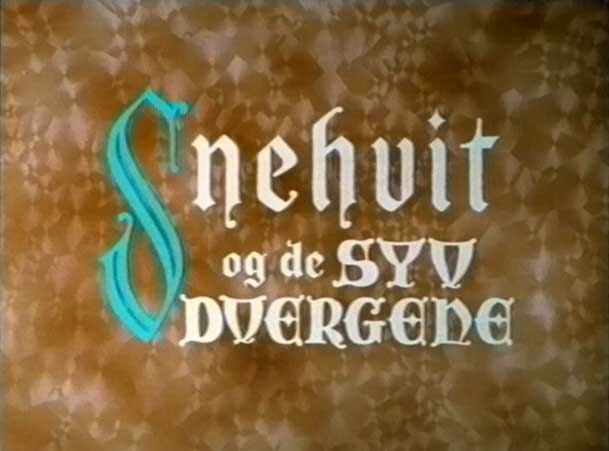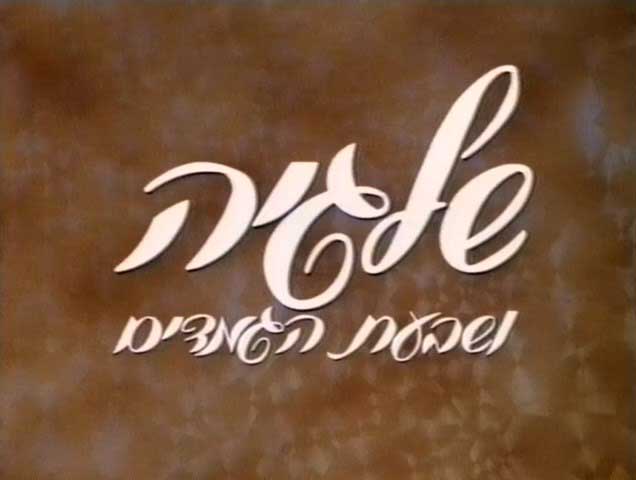
The original release
Even before the release of his first feature film, Walt Disney was aware that foreign exploitation required careful adaptation. The Silly Symphonies, which so often acted as a laboratory in many respects, also served as a test case in this field. Indeed, 3 Little Pigs, The Goddess of Spring and other short films benefited from foreign soundtracks produced directly in the studios. So the formula was kept for Snow White and the Seven Dwarfs and the person newly in charge of these foreign versions was actor Stuart Buchanan, the same man who lent his voice to the Huntsman in the original version.
The logic behind the choice of languages that Snow White would be translated in for its original release was purely commercial: there needed to be a reasonable number so that enough countries and people would be covered, but only essential idioms would be prioritized since each adaptation meant additional costs at a time when the grosses had not yet poured in.
Besides English, 10 other languages were selected:
Arabic was also planned, and that plan appeared in the press but the idea was dropped, probably because the focus was on the western world and it was most likely judged that most colonies used at least one of the languages already covered.
Still in keeping with that commercial logic, and because previous foreign adaptations had thus been made, the first two versions, Spanish and French, were translated, filmed, recorded and mixed right in the Walt Disney studio.
That meant reanimating some scenes, changing backgrounds, filming new introduction sequences, and hiring a new cast and crew for each version. Obviously, most of the crew was the studio staff, but translators, adaptors, singers, actors and actresses that could master each language were needed.
The Spanish version was even begun as the film was still unfinished. The French version was recorded early in 1938. These two adaptations served as testing material for all the others. As they were unveiled, critics about the accents, translation errors, poor sound quality emerged. Legal problems also plagued the studio so that Buchanan and Roy Disney were sent to Europe, not only to oversee the distribution of the already made versions, but to supervise the local recordings of the other versions. The tracks were then shipped back to the studio to be mixed with the music and effects.
When it became clear that Buchanan had not done an ideal job on these early foreign versions, he was replaced by animator Jack Cutting, who oversaw all foreign versions of all subsequent Walt Disney films until his retirement in 1975, including all versions of Snow White from the 1950s onwards.
The 1950s
As the world was divided in two blocks, there was no hope of getting permission to show the film behind the iron curtain, so the studio never bothered to make adaptations in the various languages concerned. However, in Russia, there was a French copy that had been seized by the Russian Army in 1945 from the nazis who themselves had stolen it from the French. From that unique copy, new black and white copies were made with Russian credits and subtitles, to allow a 1955 release in cinemas and television. In Japan, an actual new dubbing was made in 1957.


The 1960s
Following the 1958 rerelease in the USA, a new wave of reissues of Snow White was planned in the world. By the early 1960s, the problems that had plagues the early versions of the film still existed, but had gotten worse since the technical standards of 1938 were different had what could be considered passable at the time would have sounded mediocre over twenty years later. It was decided to rerecord new foreign soundtracks for most languages already adapted, and for languages not yet available. By then the war separated Europe in half, so several languages were considered unnecessary as they could not be exploited at the time. That explains why new Czech and Polish versions were not recorded. This time, adaptations were made in:
The 1970s
In 1970, two versions were made for Czech and Slovak, both languages used in Czechoslovakia at the time. These were apparently made without the supervision of the studio, with new locally made soundtracks and main titles.
In 1972, a new version was recorded in Italian. In 1974, an official Greek version was made and in 1975, a version in Egyptian Arabic was recorded, although the Queen spoke classic Arabic in it.


The 1980s
In the early 1980s, the Nordic countries saw new versions for all languages: Swedish, Finnish, Danish, and Norwegian was even added to the list. A new Dutch version was also made in 1984 and a new Japanese version in 1980. Another unofficial version was apparently made at an undisclosed date in Argentina in Latin Amerian Spanish.
The 1990s
When the film was first restored in 1992, a Hebrew version was made for the first time, and yet a new Finnish version and a new German version were recorded for the VHS release two years later, as well as versions in Cantonese, Mandarin, Korean and Norwegian. The Dutch version was partially rerecorded.


The 2000s
A whole slew of new languages became available for the 2001 DVD release, as well as new recordings for languages that sometimes had been already adapted twice! The 1938 Polish dubbing, still used on the DVD, was finally replaced for the Blu-ray release in 2009. At the time, new versions were made in Croatian, Hindi, Romanian, Ukrainian and Turkish.
The 2010s
In 2014, for TV showings on the Disney Channel, a new Malay version was recorded.
